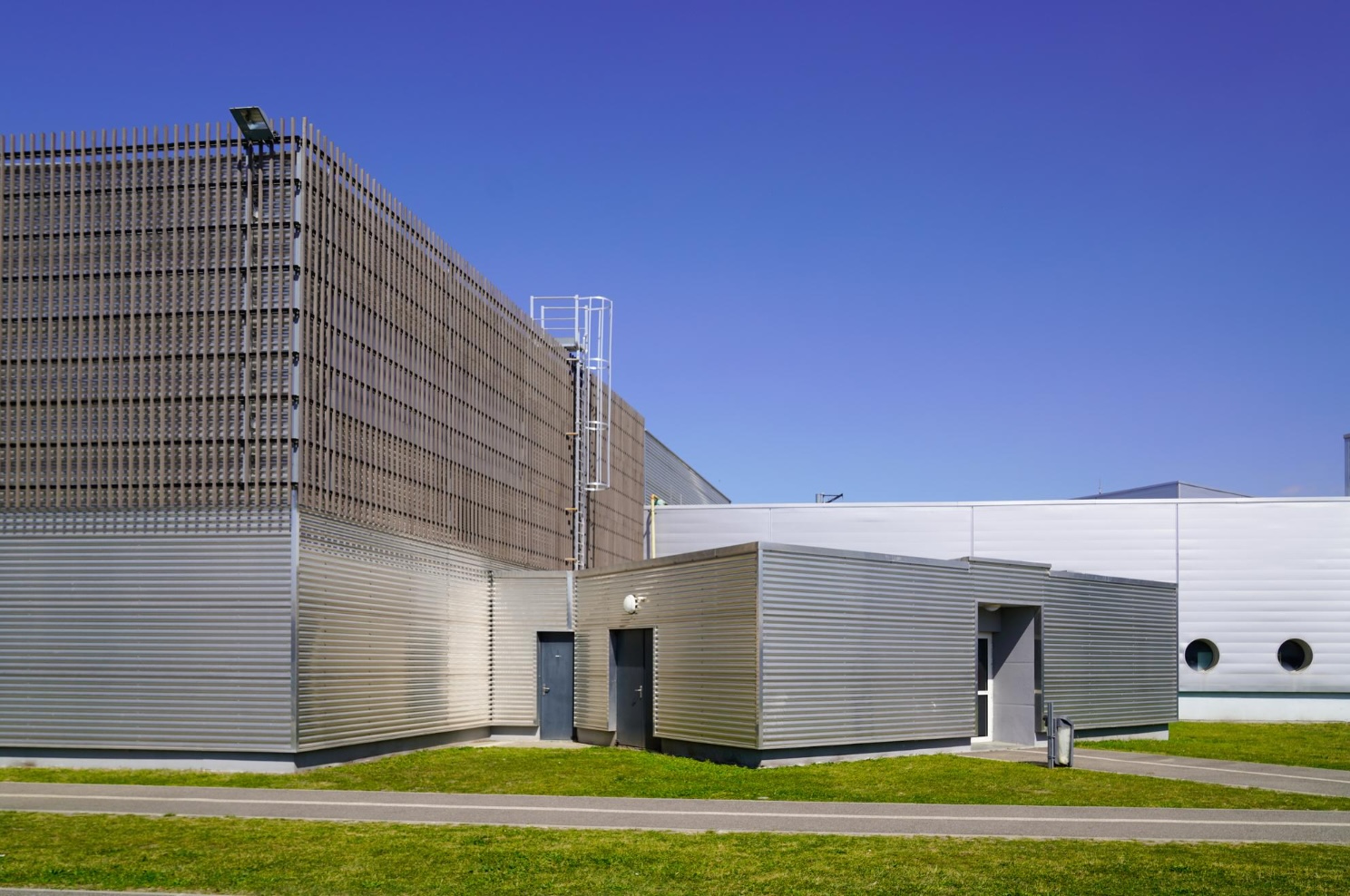The Sustainable Supply Chain: A Priority for Today’s Businesses
In recent years, sustainability has become an essential strategic lever for companies, especially in a global context increasingly focused on environmental and social issues. The supply chain is now one of the key areas in which ESG (Environmental, Social, Governance) commitment is assessed. Investing in sustainable logistics and procurement is not only an ethical responsibility but also a choice that can generate efficiency, trust, and competitiveness.
Goals of a Sustainable Supply Chain: Beyond Greenwashing
A sustainable supply chain is based on three pillars:
- Reduction of emissions and environmental impact through the use of renewable energy, transport optimization, and the selection of low-impact suppliers.
-
Social responsibility throughout the entire supply chain, ensuring rights and fair working conditions.
-
Transparent governance, supported by traceability systems based on digital technologies and blockchain.
- These goals align with broader trends such as the circular economy and the green economy—topics that are increasingly central in the real estate and industrial sectors, where online auctions are becoming tools for asset valorization and reuse.
Concrete Opportunities for Companies
Investing in supply chain sustainability is not just a cost—it represents a tangible opportunity for improvement and differentiation. The main advantages include:
-
Greater operational efficiency through waste reduction.
-
Enhanced reputation among customers, investors, and stakeholders.
-
Easier access to public tenders and funding dedicated to the green transition.
-
The opportunity to resell decommissioned capital goods through online auctions, avoiding waste and reducing disposal costs.
In this context, specialized auction platforms such as Gobid.it, focused on the sale of movable assets, become essential channels for promoting circular asset management.
Technology and Innovation Supporting Sustainability
The future of the sustainable supply chain also lies in digitalization. Tools such as Artificial Intelligence, IoT (Internet of Things), and machine learning now enable companies to:
-
Monitor in real time consumption, emissions, and logistical performance.
-
Predict critical issues and respond proactively.
-
Make the entire lifecycle of a product or service transparent.
A New Industrial Paradigm
Adopting a sustainable supply chain is no longer optional—it’s a necessary step for all organizations seeking to remain competitive. From SMEs to large industrial groups, the opportunities are real and already accessible: reducing environmental impact, improving transparency, and enhancing asset value through online auction platforms.
For those operating in sectors such as logistics and industry, supply chain sustainability is not just a matter of image—it’s a strategic driver of growth. And every auction can become part of a broader process of circular economy.
Correlated Articles
Find our news

Get the most out of your assets.
Discover how to transform your
movable assets into financial resources.



